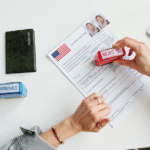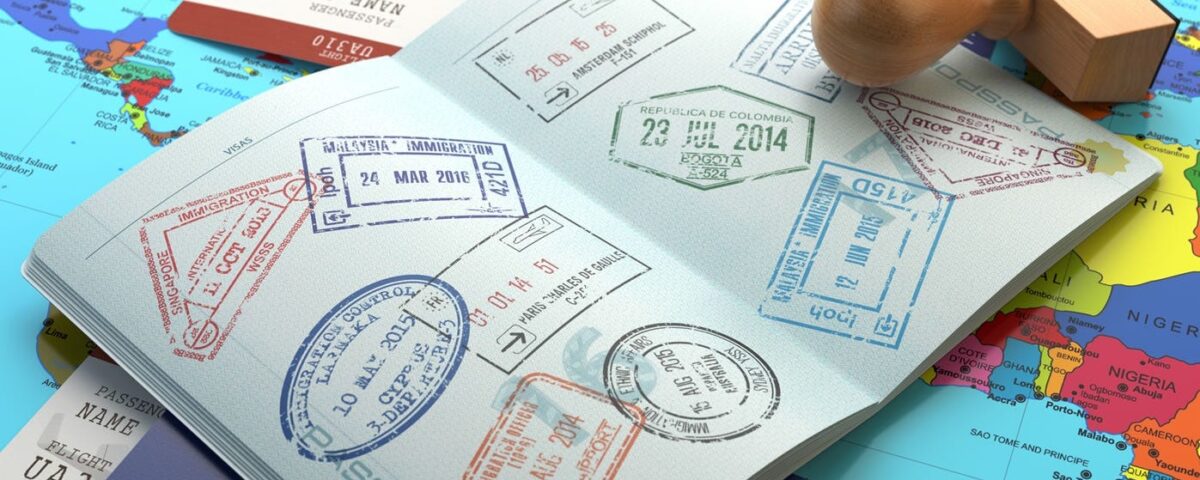
Student Visa vs Tourist Visa – What’s the Difference and Which One Should You Apply For?
July 15, 2025
How to Reapply After a Visa Rejection – Step-by-Step Guide
July 15, 2025What Documents Do You Really Need for a Smooth Visa Process?
One of the most common reasons people face visa delays or rejections is due to missing or incorrect documentation. Each country has its own requirements, but certain documents are almost always needed, no matter where you’re applying. If you want your visa application to go smoothly, here’s a checklist of the most important documents and how to prepare them.
1. Passport – Valid and Updated
Your passport is the first thing any embassy will look at. It must be valid for at least six months beyond your travel date. Make sure there are at least 2 blank pages in your passport. If your passport is damaged, expired, or close to expiry, renew it before applying.
Pro tip: Always keep both your original and a photocopy of the passport.
2. Visa Application Form – Accurately Filled
Every visa type requires you to fill out an official application form. This could be online or in paper format depending on the country. Always double-check your information, including:
- Spelling of names
- Passport numbers
- Dates and addresses
- Travel history
Even small mistakes can cause delays or denials.
3. Photographs – As Per Specifications
Passport-sized photos are required for almost all visa applications. But beware—each embassy has different photo size and background requirements. For example, some ask for white backgrounds, others want matte finishes.
Make sure your photo is:
- Recent (within 6 months)
- Meets country-specific guidelines (size, expression, background)
4. Proof of Financial Means
You must prove that you can support yourself (or are being supported) during your stay. This is a major requirement and must be very clear.
Documents may include:
- Bank statements (last 3–6 months)
- Salary slips
- Income tax returns
- Sponsorship letters (if someone else is funding your trip)
- Affidavit of support (for student or dependent visas)
5. Travel Itinerary and Return Ticket
Embassies want to know your travel plan. This includes:
- Flight bookings (round-trip)
- Hotel reservations
- Tour or meeting schedules
- Internal transport plans (optional)
Even if the tickets are not confirmed, having tentative bookings adds a professional touch to your application.
6. Letter of Invitation or Admission (if applicable)
If you’re visiting family, friends, or a business partner, include a letter of invitation. This should mention your relationship, the purpose of the visit, and their full contact details.
For student visas, attach the official admission letter from the university or institution.
7. Proof of Ties to Home Country
Visa officers want proof that you’ll return to your country after your trip. These can include:
- Job confirmation letters
- Property ownership documents
- Family documents
- Enrollment certificates (for students)
The stronger your ties, the better your chances of approval.
8. Additional Documents (As Per Visa Type)
Depending on your visa type, you may also need:
- Police clearance certificate
- Travel insurance
- Medical test reports
- Marriage or birth certificates
- No Objection Certificate (NOC) from your employer
Always check the official website of the embassy for up-to-date document lists.

